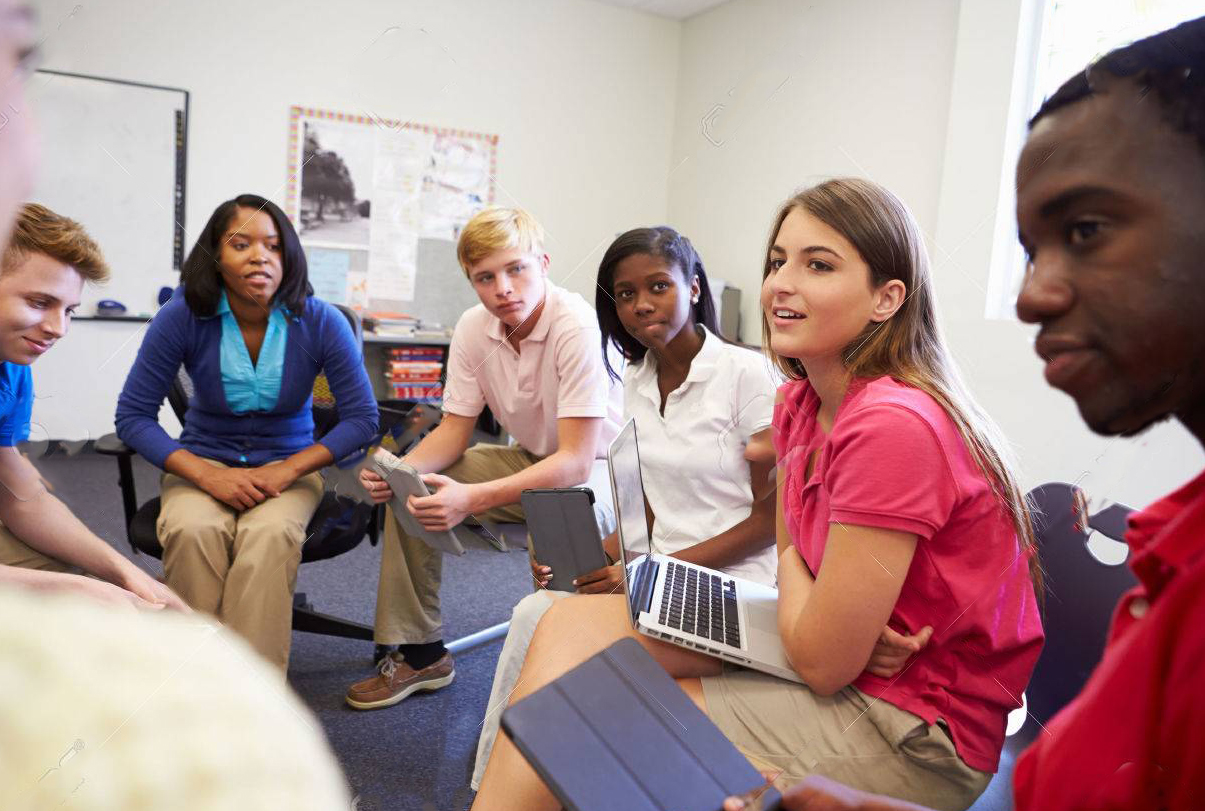THE IMPACT OF COVID-19 ON YOUNG PEOPLE IN HERTFORDSHIRE
A REPORT COMMISSIONED BY HM LORD-LIEUTENANT OF HERTFORDSHIRE HIGHLIGHTS THE IMPACT COVID-19 HAS HAD ON YOUNG PEOPLE OF HERTFORDSHIRE OVER THE PAST 12 MONTHS.
Following a meeting called by the Lord-Lieutenant involving leaders from the community and within Hertfordshire on 15th December 2020 to discuss the post-pandemic prospects of young people in Hertfordshire, a series of focus groups were set up by the Lieutenancy. The purpose was to hear directly from young people about the impact of COVID-19 on their lives over the past year and their future aspirations.
Nineteen groups from 11 different organisations participated in virtual sessions between 3 February to 19 March 2021. Sixth formers from state secondary schools and colleges, cadets and one group from The Prince’s Trust Hertfordshire Team Programme took part in small group sessions of five to seven students of mixed gender and ability.
Each group was asked six questions relating to how their studies, mental health and aspirations for the future had been affected by the pandemic. Young people were encouraged to speak openly about their feelings, hopes and fears. Their responses, captured in the report by Deputy Lieutenants Jo Connell and Marion Brown, demonstrate the impact the pandemic has had on all aspects of their lives.
Key findings include:
- Personal: loss of face-to face interaction with friends and peers;
- Studies: the uncertainties around exams and assessments had caused, and still is causing, a lot of stress. In particular, lack of consistency and clarity around A-levels and BTECs and how these would be assessed had, for many, resulted in a fear of failure and not being able to achieve their potential;
- University: For many students with hopes of going to university, the application process had been difficult. There was also a lot of nervousness about going to university. Would they be behind in their learning, would they find themselves ‘locked’ in their room if there was another lockdown, what restrictions would still be in force?
- Employment: very few had been able to find part time work due to restrictions and, as a result, had been unable to save for their further education. Generally, students were pretty pessimistic about opportunities, raising fears that employers might see them as ‘the Corona generation’ with a disrupted education and meaningless grades and therefore less employable;
- Mental health: Most of the students with previous mental health issues spoke of how this had deteriorated during the pandemic. They also spoke of peers, who had not had mental health issues previously, being affected at this time;
- Voice of young people: They felt they had been blamed unfairly for the spread of the pandemic in some instances and felt very strongly that their voice had not been sought or heard.
The report also asks questions to all those who have a stake in young people’s welfare and education to see what more can be done to provide support and assistance.
The full report can be found here.

